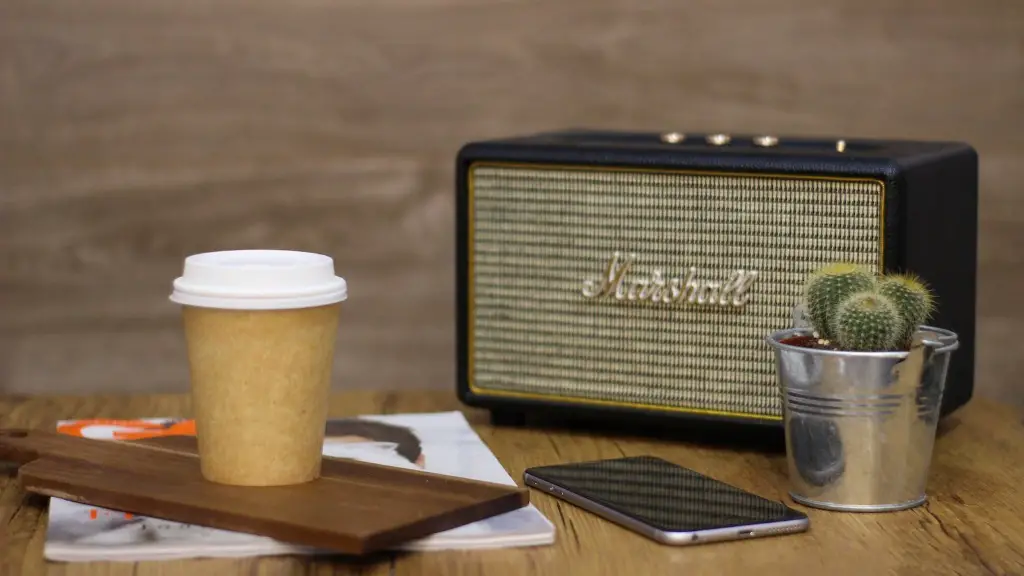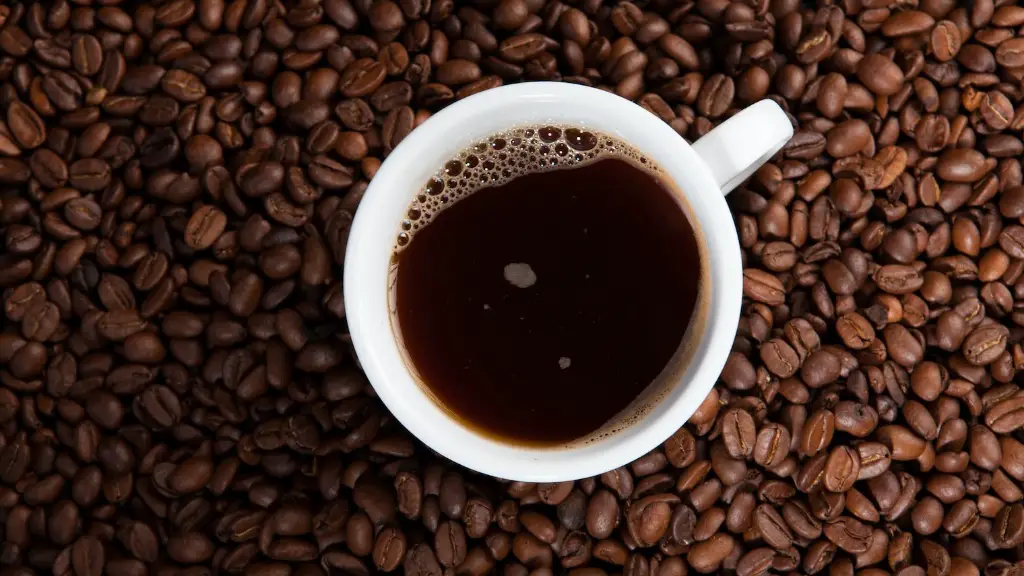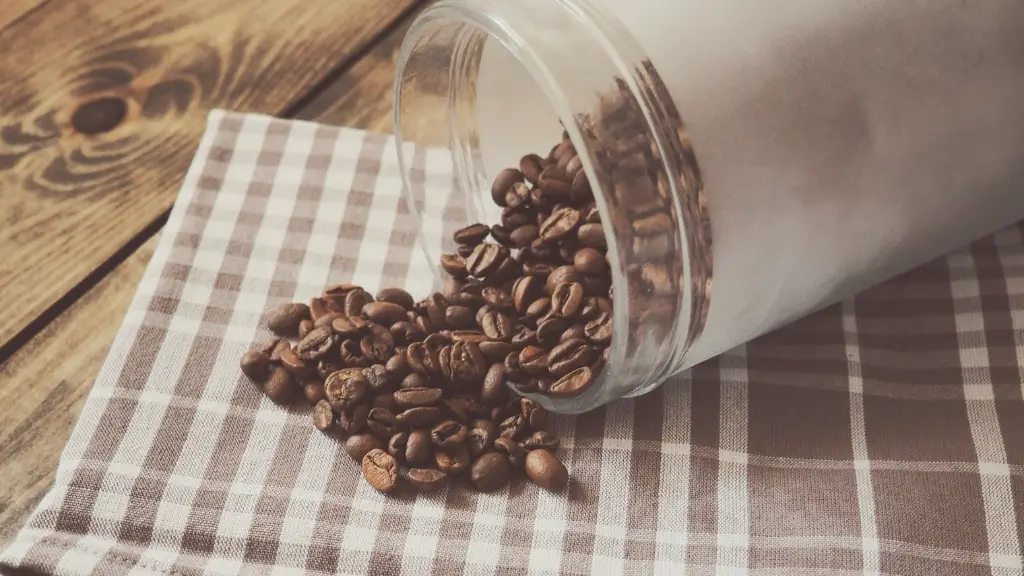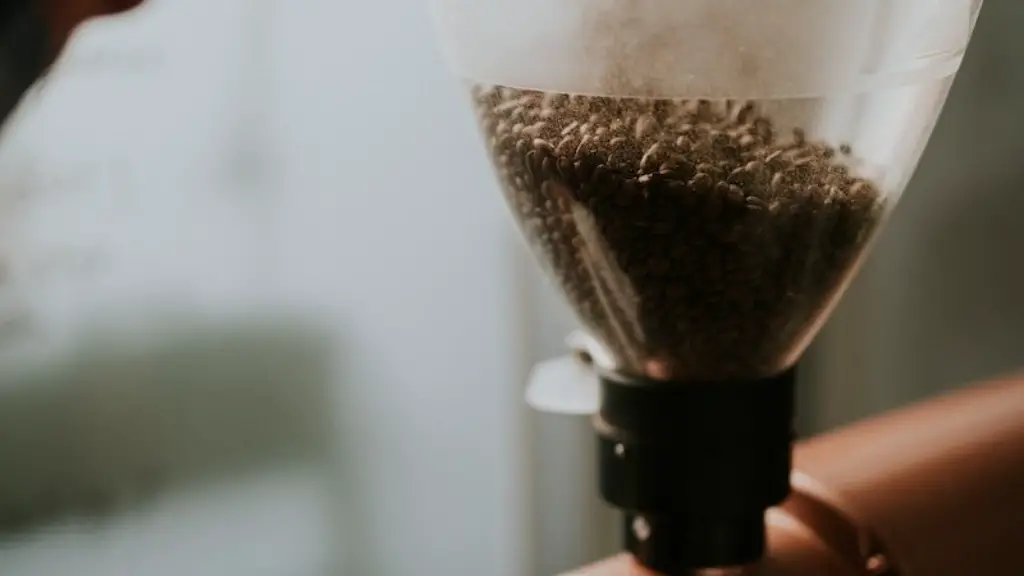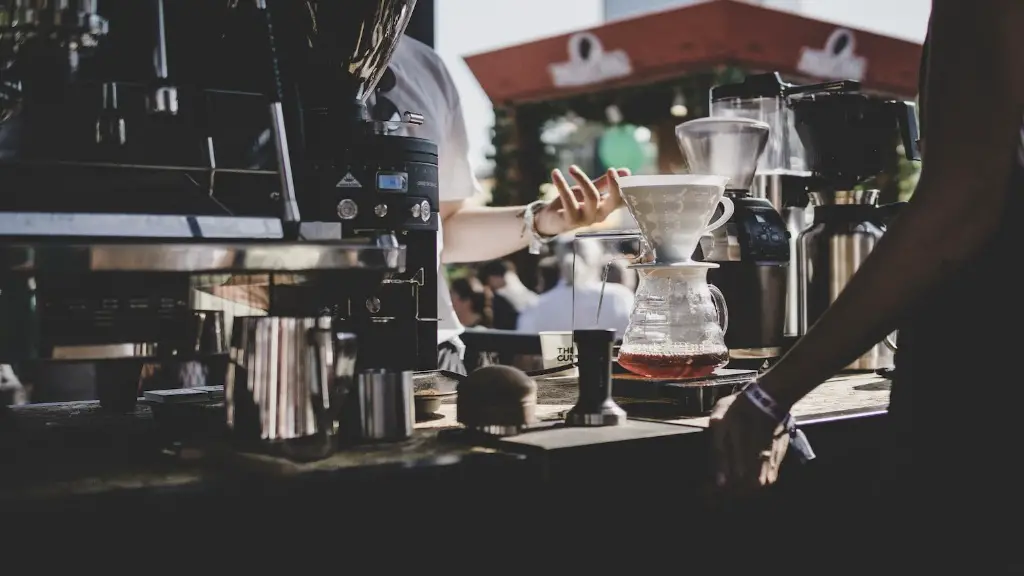Drinking bulletproof coffee during a fast is an increasingly popular practice. But this controversial method of fasting-with-coffee has raised questions about the health benefits and potential risks. While it’s not for everyone, the research suggests that it could be beneficial for certain people, especially those looking to improve their mental clarity and focus.
Bulletproof coffee is traditionally made from two cups of hot black coffee, two tablespoons of grass-fed organic butter and two tablespoons of medium-chain triglyceride (MCT) oil. The combination of MCT oil, healthy fats, and caffeine helps kick-start the metabolism and provide the body with sustained energy. It also helps to maintain a feeling of fullness so that the individual remains in a state of fasting, while still consuming a bit of nutrition.
Though it’s a relatively new practice, many studies have examined the effects of bulletproof coffee during fasting. One study in 2019 showed that drinking bulletproof coffee during an intermittent fasting protocol was able to increase fat oxidation and calorie burning. Other studies have found that bulletproof coffee may reduce hunger, improve cognitive performance and increase energy levels.
Still, there are potential risks to consider before drinking bulletproof coffee during a fast. Studies have suggested that the combination of caffeine and fat can increase the risk of gastrointestinal issues, such as diarrhea. It is also important to consider the amount of calories contained in the two tablespoons of butter and MCT oil. Too much calorie consumption during a fast can reduce the effectiveness of the fast, so it’s important to keep track of how much calorie consumption is occurring when drinking bulletproof coffee.
Overall, drinking bulletproof coffee during a fast may be beneficial for certain individuals. Those looking for improved mental clarity and focus, increased fat oxidation and more sustained energy might find that drinking bulletproof coffee during a fast helps them meet their goals. It’s important to keep in mind, however, the potential risks associated with drinking bulletproof coffee during a fast and to ensure it is not overeating.
Enhancing the Benefits of a Fast
Bulletproof coffee can be a great addition to any fasting program. It provides the body with vital fats and energy without breaking the fast. It can also be a great way to get the most out of a fast, as it will help to increase the body’s ability to burn fat and maintain a feeling of fullness. Additionally, with its high levels of caffeine, it can help to provide an added boost of mental clarity and focus.
For those interested in trying bulletproof coffee during a fast, it’s important to speak with a medical professional. They can help advise on things like the best type of butter to use and the types of MCT oils that might work best for an individual. Furthermore, they can help guide individuals as to how much bulletproof coffee can be consumed during a fast, as consuming too much can cause gastrointestinal issues.
Some individuals may find that they can drink bulletproof coffee a few days a week and still get the benefits of a fast. When done in moderation, bulletproof coffee can help to preserve and enhance the benefits of a fast. Drinking bulletproof coffee during a fast should not be seen as a substitute for a healthy diet, however, and should not be used as a way to skip meals.
Ultimately, it is important to take the time to experiment and find out what type of fasting routine works and how much bulletproof coffee an individual can consume during a fast. Everyone’s body is different, and what works for one person might not work for another. This is why it is important to consult a nutritionist or doctor before making any changes to a fasting regimen.
Potential Side-Effects
In general, drinking bulletproof coffee during a fast is not associated with any adverse side-effects. However, like with all things, there are some potential risks to consider. One common side-effect that has been reported is a feeling of nausea. This is usually due to the body’s reaction to the combination of fat and caffeine in bulletproof coffee. Other side-effects include an upset stomach, feeling of fullness and difficulty sleeping.
It is important to emphasize that the majority of side-effects associated with bulletproof coffee occur when too much is consumed. For most people, these side-effects subside once the consumption is adjusted. Therefore, it’s recommended to keep track of how much bulletproof coffee is consumed during a fast and to adjust consumption levels as needed per individual.
Those considering drinking bulletproof coffee during a fast should also consider potential drug interactions. As with any food or beverage consumed during a fast, it’s important to consult with a doctor or nutritionist before beginning a routine of drinking bulletproof coffee.
Though it is not recommended for everyone, when used in moderation, bulletproof coffee can be a great addition to an intermittent fasting program. Speaking to a health professional is the best way to ensure that bulletproof coffee is consumed in a safe and healthy manner.
Getting the Most Out of Fasting
Those looking to get the most out of their fasting regimen should also consider other lifestyle factors alongside taking bulletproof coffee. Exercise, for example, can be an important addition to any fast. It can help to increase fat burning, lower cortisol levels and enhance the overall wellbeing of the individual.
Sleep is also an essential part of any successful fasting program. During a fast, the body is more sensitive to stressors and sleep deprivation can lead to increased cortisol levels, increased hunger, and increased risk of hormone imbalances. Therefore, getting enough sleep is essential for both physical and mental health.
In addition to exercise and sleep, individuals looking to get the most out of a fasting program should ensure they are consuming a nutrient-dense, balanced diet when they are not fasting. This will help to ensure the body has the vital nutrients it needs to maintain health and wellbeing.
Finally, drinking plenty of water during a fast can also be beneficial. The body needs water to flush out toxins and waste and to help maintain a healthy functioning. Drinking enough water will ensure the body stays hydrated and will have enough energy to take advantage of all the benefits of a fast.
Choosing the Right Fast
In general, any type of intermittent fasting could be beneficial. However, individuals should choose the type of fasting program that best suits their lifestyle and health needs. Individuals who are looking for improved mental clarity and focus may find that a fasting protocol that involves the consumption of small meals throughout the day with the addition of bulletproof coffee works best for them.
There are also more extreme forms of fasting for those looking for a more intense experience. Prolonged fasting (24-48 hours) and extended fasting (72-120 hours) are also options. These types of fasts involve a longer period of time with no food and can be beneficial for those looking to get the most out of their fast.
No matter what type of fasting program is chosen, it is important to ensure the body is getting the nutrients it needs and that the fast is not broken. If the individual is consuming too many calories while they are fasting, they will not get the full benefits of the fast and may even experience some health risks.
Thus, it is important to choose the right type of fast and to be aware of how much calorie consumption is occurring when drinking bulletproof coffee. This will help ensure the fast is effective and that the individual gets the most out of their experience.
Medical Considerations
Before attempting a fast, it’s important to take into consideration any health conditions as well as any medications that are being taken. Certain health conditions may make it unsafe to attempt a fast, as it could be detrimental to health. For example, those with diabetes should consult a healthcare professional before beginning a fast, as there could be a potential risk for hypoglycemia.
For those taking medications, fasting can also potentially be dangerous. Certain medications need to be taken with food or could experience drug-drug interactions when combined with certain foods or beverages. Furthermore, it is important to take into consideration any nutritional deficiencies that could be impacting the individual’s health before attempting a fast. It is best to speak with a health professional to ensure the fast is safe and beneficial for that particular individual.
Finally, for those with a history of eating disorders, fasting may not be the best option. Fasting can destabilize feelings of hunger and fullness and can be used as a tool to restrict food intake. It is important to consult a nutritionist or mental health professional to ensure the individual is in a safe and healthy place before attempting any kind of fasting program.
